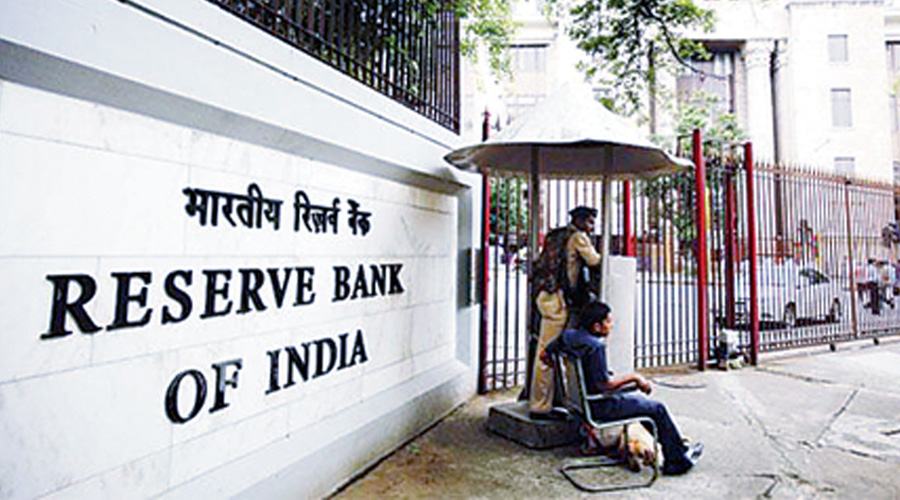The Reserve Bank of India (RBI) on Thursday cancelled the licence of Goa-based The Madgaum Urban Co-operative Bank Ltd with immediate effect.
The RBI said the bank did not have adequate capital and earning prospect.
Further, it would not be able to refund its existing depositors in full.
Public interest would be adversely affected if the lender is allowed to carry on its banking operations.
The Madgaum co-op bank will cease to carry on its operations with effect from the close of business on July 29.
The banking regulator has also requested the Office of Registrar of Co-operative Societies, Goa, to issue an order to wind up the bank and appoint a liquidator.
In a statement, the RBI said according to data submitted by the bank, about 99 per cent of the depositors will be fully refunded by the Deposit Insurance and Credit Guarantee Corporation (DICGC).
Under the DICGC Act, a depositor can get up to Rs 5 lakh as a claim amount .
The RBI had earlier put restrictions on the co-operative bank’s operations on May 2, 2019, for a period of six months. The validity of these directions was extended from time to time, with the last extension for two months till August 2.
Earlier, in September 2019, the RBI had superseded the board of PMC Bank and placed it under regulatory restrictions, including a cap on withdrawals by its customers, after detecting certain financial irregularities and mis-reporting of loans given to real estate developer HDIL.
Last month, the central bank granted an in-principle approval to Centrum Financial Services and Resilient Innovations Pvt Ltd (which operates fintech startup BharatPe) to set up a small finance bank (SFB). After the SFB is formed and approval is received from the RBI, PMC Bank will be merged with the entity.
Kotak view
Kotak Mahindra Bank MD and CEO Uday Kotak on Thursday asked lenders not to window dress their accounts by deferring recognition of stressed assets in their books.
Lenders have been blamed in the past for putting off recognition of souring assets which, in the end, blows up into a system-wide crisis.
The comments in the annual report come at a time the pandemic has triggered concerns around the asset quality, but the RBI has expressed some relief after seeing lower than expected impairments.










